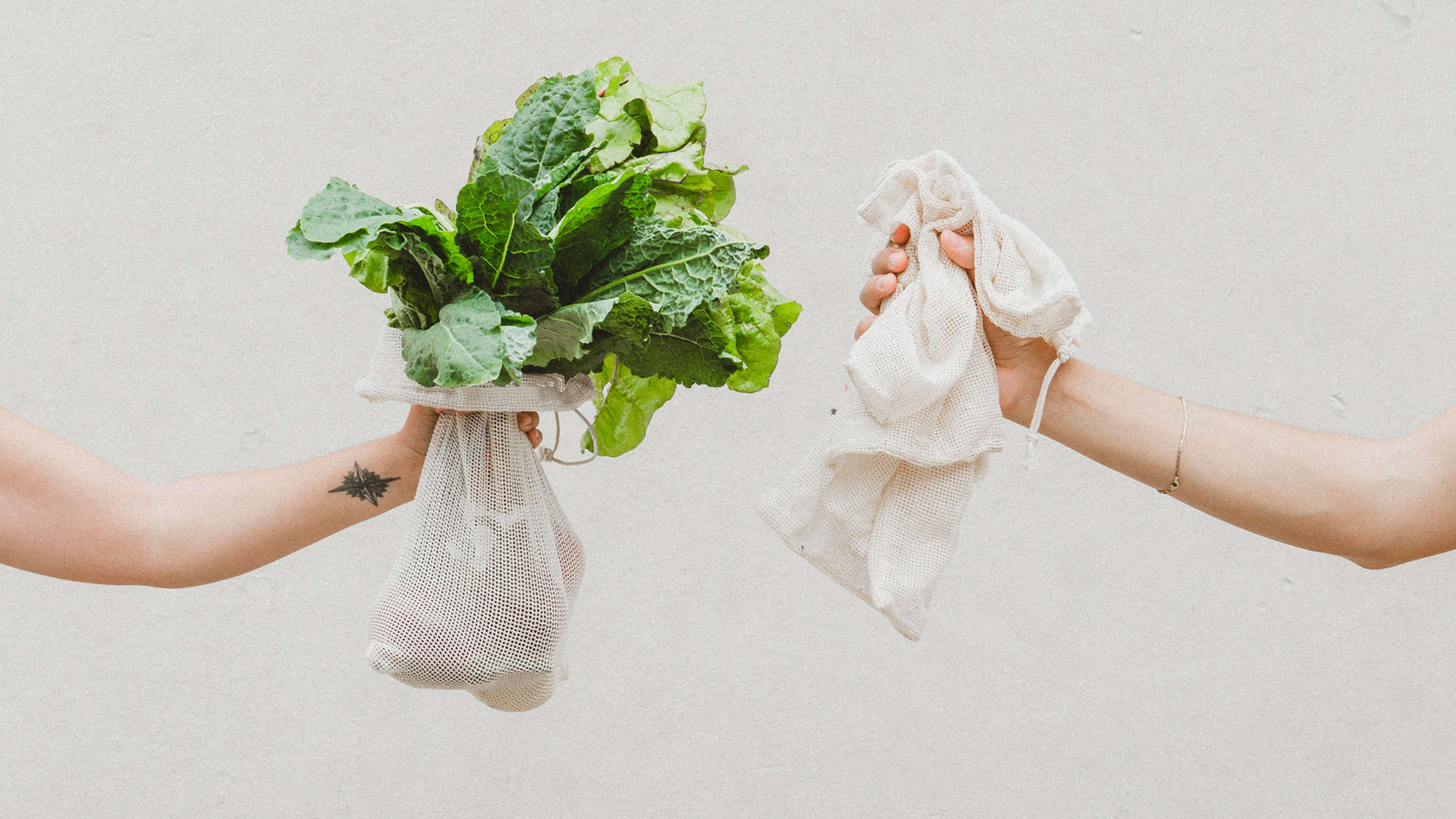If you order grocery delivery from The Wally Shop, a startup in Brooklyn, a courier will pick up ingredients at the farmer’s market or at a local business like the Bushwick Food Cooperative. The delivery comes by bike, not the usual van that other companies use. But the biggest difference between your order and regular food delivery may be the lack of trash: All of the packaging is reusable, and on your next order, the courier will pick up the packages you’ve emptied.
“My goal was, how can we create a scalable solution that would make sense for us today and would dramatically help us cut down on waste?” says Tamara Lim, the company’s founder. Through her previous job managing the packaging and shipping category at Amazon, Lim was very aware of the issue of packaging waste; she also recognized the limits of recycling. As she talked with packaging vendors, she learned about the flaws in recycling infrastructure–particularly as countries like China cracked down on accepting unwanted American plastic. A better solution, she realized, would be truly circular, with packaging that could be returned and reused many times.

The packaging goes back to the startup’s warehouse in Bushwick, where it’s cleaned and used for the next order. “If you think about a traditional grocery shop or any restaurant–anyone who uses single-use packaging–every single piece incurs a cost, and it’s really part of that individual order,” she says. “But what we’re doing essentially is we’re saying, let’s make packaging not a variable cost. Let’s actually view it more as an asset.”
It’s a philosophy that’s gaining more traction with businesses, including major brands, who will soon launch an experimental platform to sell everything from deodorant to ice cream in reusable packaging, driven by consumer appetite for different solutions to the problem of trash–particularly packaging that ends up in the ocean and in the stomachs of marine animals.

The Wally Shop is still very small, having opened about three months ago. But it plans to soon expand to Manhattan and to cities beyond New York, with a continued focus on local, organic food. It also plans to expand product offerings, and may also expand to other types of businesses, such as restaurant or meal kit delivery. “We built this to not only be convenient and sustainable, but also to be scalable,” says Lim. “Because we understand that it’s only with scale that we’re going to have the amount of impact that we want to have in terms of preventing packaging.”
Recognize your brand’s excellence by applying to this year’s Brands That Matter Awards before the final deadline, June 7.
Sign up for Brands That Matter notifications here.
